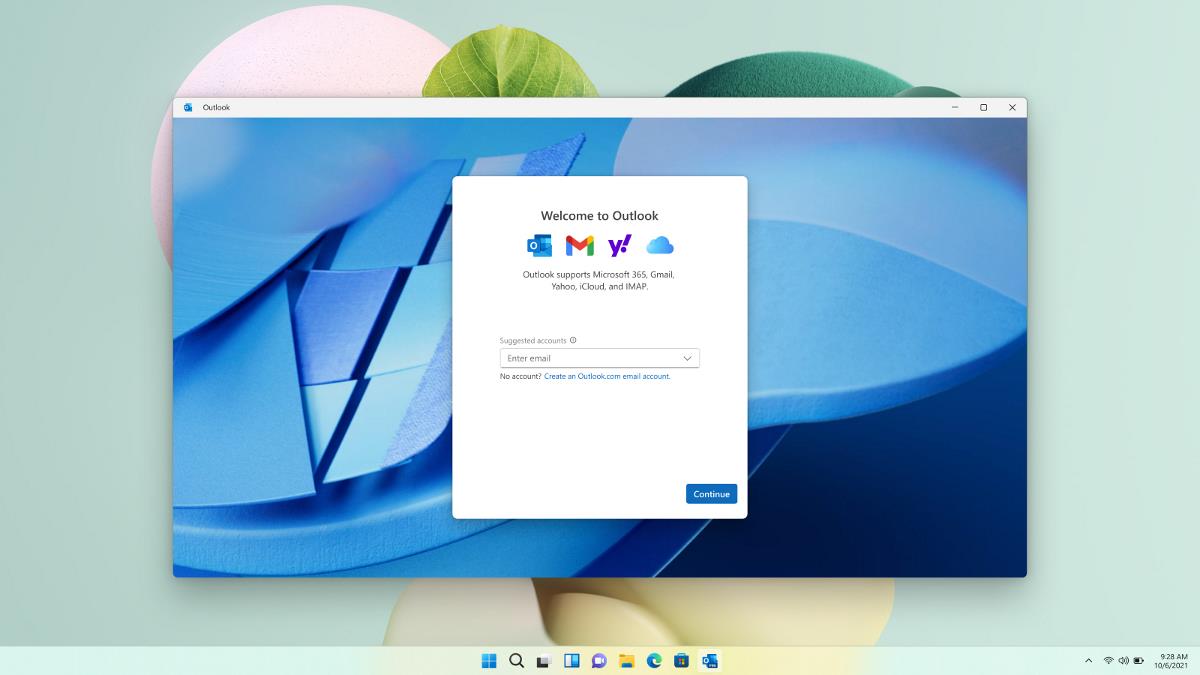- Aug 17, 2017
- 1,492
Full articleProton has accused Microsoft's new Outlook for Windows app for becoming a data collection service. It has outlined the various ways and data that the email app harvests from end users. Proton Mail's article is about a week old and flew under my radar, but given that user privacy is at stake, I think it warrants a discussion here. The Switzerland-based email service has termed the new Outlook as a surveillance tool that is used for targeted advertising.
According to Proton, some users in Europe who download the new Outlook for Windows app, will see a modal (pop-up) that displays a user agreement, which mentions that Microsoft shares your data with 772 third-parties. Yes, you read that right, 772. The only reason you may see that pop-up is because the European Union's General Data Protection Regulation (GDPR) makes it mandatory for web services to inform users about data collection and cookies. The rest of the world isn't as lucky.
I don't think users are going to mind all these companies looking over their shoulder and reading their mails, right? Actually, it is much worse than you think. Microsoft's advertising policy mentions that it does not collect personal data from emails, chats or documents for targeted ads. Data that is collected via telemetry is used to improve the user experience. But Proton says that Microsoft Outlook collects the following data from users:
- Name and contact data
- Passwords
- Demographic data
- Payment data
- Subscription and licensing data
- Search queries
- Device and usage data
- Error reports and performance data
- Voice data
- Text, inking, and typing data
- Images
- Location data
- Content
- Feedback and ratings
- Traffic data

Proton Mail says that the new Outlook app for Windows is Microsoft's new data collection service - gHacks Tech News
Proton Mail says that the new Outlook app for Windows is a privacy nightmare for users, as the app shares the data with advertisers.
www.ghacks.net




